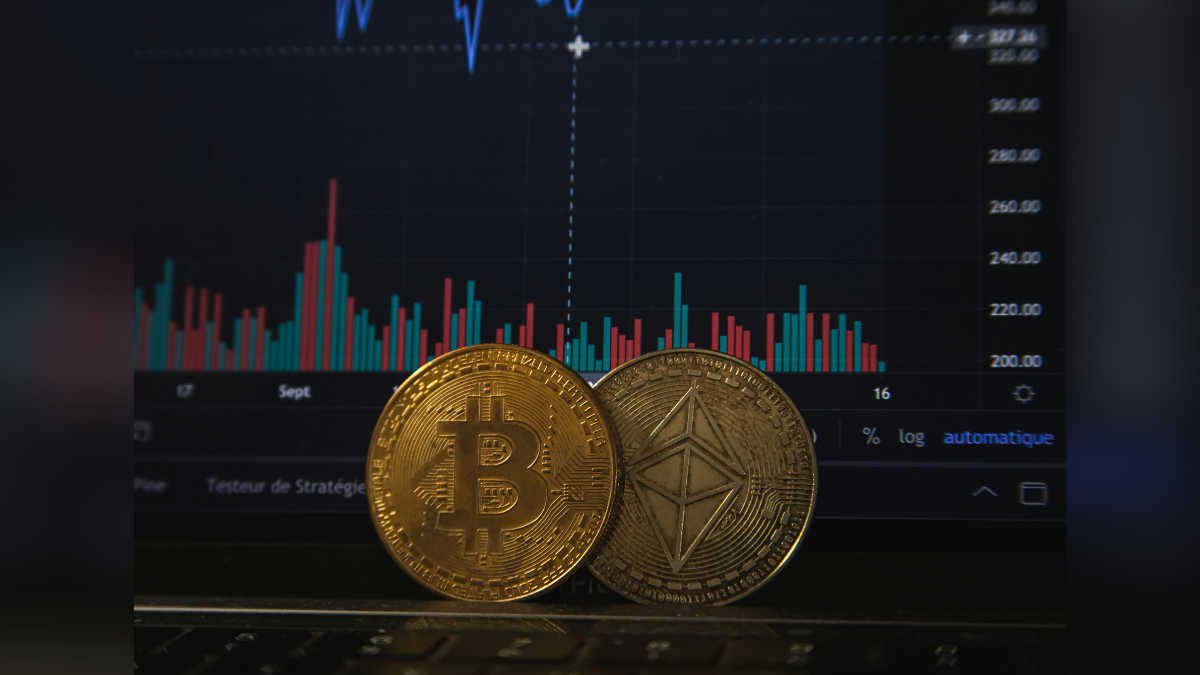Young Adults Are Finding New Ways to Unwind After Work as Stress Levels Rise

May 22 2025, Published 2:00 a.m. ET
More young adults are feeling tired and stressed after work. Long hours, screen time, and tight schedules are making it hard to relax in the evening. For many, the usual ways to unwind — like watching TV or scrolling on social media — just don’t help anymore.
Because of this, people are looking for better ways to feel calm after a busy day. Some are going back to old hobbies, while others are trying new digital options that feel lighter and more fun. As stress levels stay high, these new habits are quietly changing how young people spend their time at home.
Stress Is Now Part of the Evening for Many Young Adults
After work ends, stress often doesn’t go away. Many young adults say they still feel pressure, even during their free time. This makes it hard to relax or enjoy the evening. According to theAmerican Psychological Association, young adults—especially those aged 18 to 34—report some of the highest stress levels, citing financial pressure, work expectations, and social issues as ongoing burdens.
Work Life Balance Is Harder Than It Looks
Even when the workday ends, the mind keeps running. Some check emails late at night. Others have side jobs or school tasks to finish. It feels like there’s always something else to do. This constant pressure leaves little time to rest.
Mental Fatigue Is Growing Faster Than Physical Fatigue
Most young adults work on screens, not in physical jobs. Still, they feel tired — just in a different way. Hours of focusing and thinking cause mental fatigue. By the evening, they’re drained, not from lifting but from overthinking.
Traditional Ways to Relax Are Not Working Like Before
Many young adults are finding that the old ways of relaxing no longer feel helpful. What once felt like a break now feels more like a habit that adds to the stress.
Streaming Is No Longer a True Break
Watching shows used to be the easiest way to relax. But now, choosing what to watch can feel like a task. Some people scroll for 20 minutes and still can’t decide. Others keep watching out of habit but don’t feel rested afterward. It’s passive and often leaves them feeling the same or worse.
Social Media Adds More Stress
Instead of helping people relax, social media often does the opposite. Many young adults report feeling uneasy or more stressed after just a few minutes online.Chester County Hospital points out that the constant stream of curated images, political content, and subtle signs of exclusion can quietly increase anxiety—especially in the evening.
Here are a few reasons why:
●Comparison: Seeing others succeed, travel, or look perfect can trigger self-doubt
●Bad news: Negative headlines or arguments can impact mood, even without engaging
●Endless scrolling: Time disappears, but the brain doesn’t feel rested
●Noise: The nonstop flow of opinions, ads, and updates can be mentally draining
●FOMO: Fear of missing out—on events, trends, or achievements—can sneak in fast
These effects are often subtle, but by the end of the day, they pile on. For someone already dealing with work, school, or life pressure, social media doesn’t offer an escape. It adds another layer of stress right when the body and mind are trying to wind down.
New Evening Habits Are Quietly Taking Over
As stress stays high and old habits lose their effect, many young adults are trying new ways to relax after work. These changes are quiet, simple, and easy to add to a daily routine.
Many Are Choosing Screen-Free Time
Some people are stepping away from phones and laptops in the evening. They’re picking up hobbies that help them slow down, like taking short walks, writing in a journal, cooking easy meals, or reading a book. These screen-free habits give the mind a break and help the body feel more grounded.
Others Prefer Light Interaction Over Passive Viewing
Instead of watching shows, some people now turn to light games or creative tasks. A short puzzle, digital coloring, or a simple card game can feel more refreshing than hours of scrolling. It gives them something to focus on without feeling drained.
Digital Options Are Growing but Staying Low-Key
While many are turning to screen-free habits, others are finding value in quiet digital spaces. These tools are simple, free, and easy to access, making them a popular choice after long workdays.
Quick Games With No Pressure Are in Demand
Young adults are looking for short, relaxing activities that don’t require too much focus. Quick puzzle games, card games, and matching games are becoming more common. These are easy to start and stop, which makes them perfect for evenings when energy is low.
Interactive Platforms Offer Something New
Some websites and apps offer light interaction without the stress of social media. Instead of likes and comments, they focus on simple games or activities that help users feel calm. These platforms give people a way to stay engaged without feeling overwhelmed.
One Example Is Free Play on Social Casinos
A growing number of people are exploring free online options for light entertainment after work. Some enjoy short game sessions that feel playful without any pressure to spend. Among these,sweepstake casinos have become part of the routine for those looking to unwind with something fun and easy. Because they offer casual interaction and don’t require purchases, they fit well into this new way of relaxing in the evening.
Why These Habits Are Working for Many
New evening routines are becoming more common because they feel better. Instead of adding to the day’s stress, they offer a real break. These habits are helping people feel more balanced and in control.
Short Sessions Prevent Burnout
Many young adults are choosing activities they can do in just 10 to 15 minutes. This small break gives the brain time to reset. It also avoids the guilt that sometimes comes from spending hours on a screen. A short walk, a quick game, or even stretching can help prevent burnout.
Simple Engagement Helps Focus and Mood
Activities that need light focus — like playing an easy game or writing a few notes — can calm the mind. These small moments of focus help people feel more centered. They also improve mood by creating a sense of progress, even if it’s just a little.
What This Shift Means Going Forward
As more young adults change how they relax, these small habits may shape the future of free time. People are no longer looking for loud or fast options — they want simple, calming moments that fit into busy lives.
Entertainment May Keep Getting Simpler
Instead of long shows or busy apps, people may continue to prefer quiet, low-effort tools. Light games, short tasks, or calm hobbies are easier to manage after a tiring day. The focus is shifting from escape to balance.
Free Tools and Platforms Will Lead the Way
More people are turning to tools that are easy to use and don’t require payment. These platforms offer quick, stress-free ways to relax.
●Free play sites – Online platforms with short games that are simple and cost nothing
●Relaxing mobile apps – Apps that offer calming sounds, puzzles, or gentle activities
●Creative tools – Digital spaces for journaling, drawing, or organizing thoughts
These options are easy to start, don’t feel overwhelming, and help users feel calm. They support the growing desire for more peaceful and mindful downtime.

Conclusion
More young adults are feeling the pressure of daily life, and it's changing how they spend their evenings. Old habits like streaming or scrolling are no longer enough to help them relax. In response, many are building new routines that include light activity, short games, or screen-free moments.
This shift shows that people want rest, not more noise. Whether it’s a short walk, a calm puzzle, or free play on a simple site, these small choices are helping ease the stress of modern life. As more people make these changes, quiet habits may become the new normal for winding down after work.
The information provided in this article is for general informational purposes only. Gamble or play responsibly. If you or someone you know has a gambling problem, help is available. Call 1-800-GAMBLER. If you’re in the U.K. and need help with a gambling problem, call the National Gambling Helpline on 0808 8020 133 or go to gamstop.co.uk to be excluded from all UK-regulated gambling websites. We disclaim any liability for any loss or damage arising directly or indirectly from the use of, or reliance on, the information presented.


